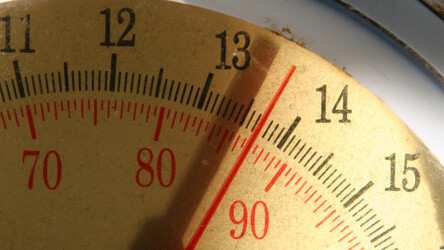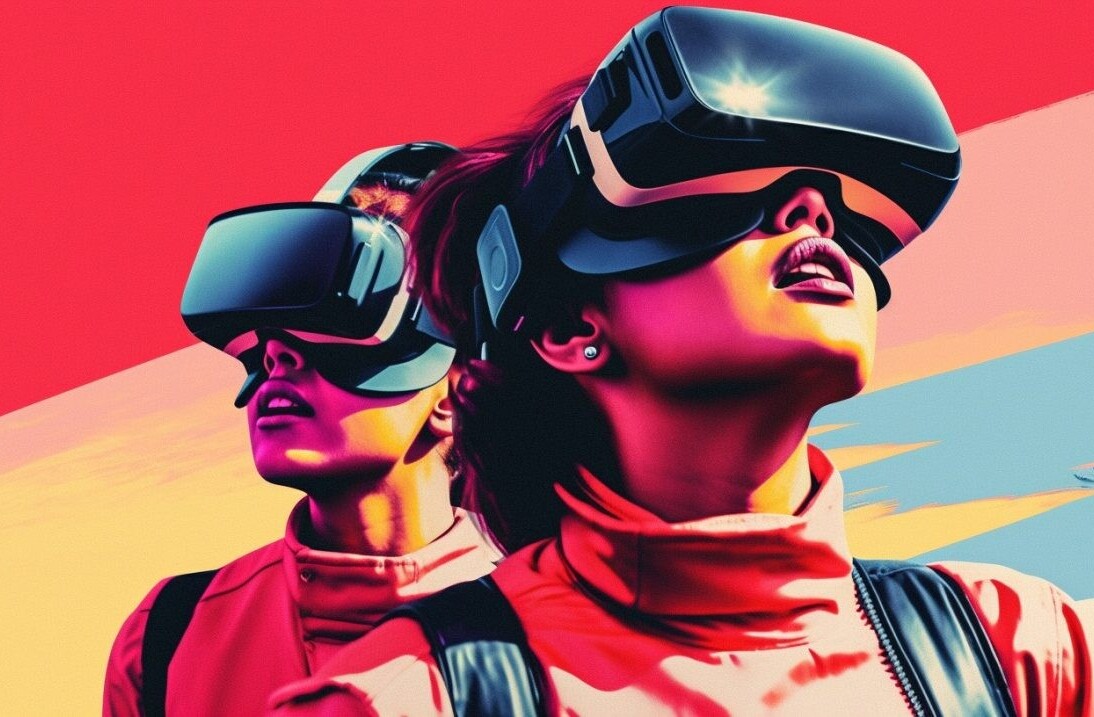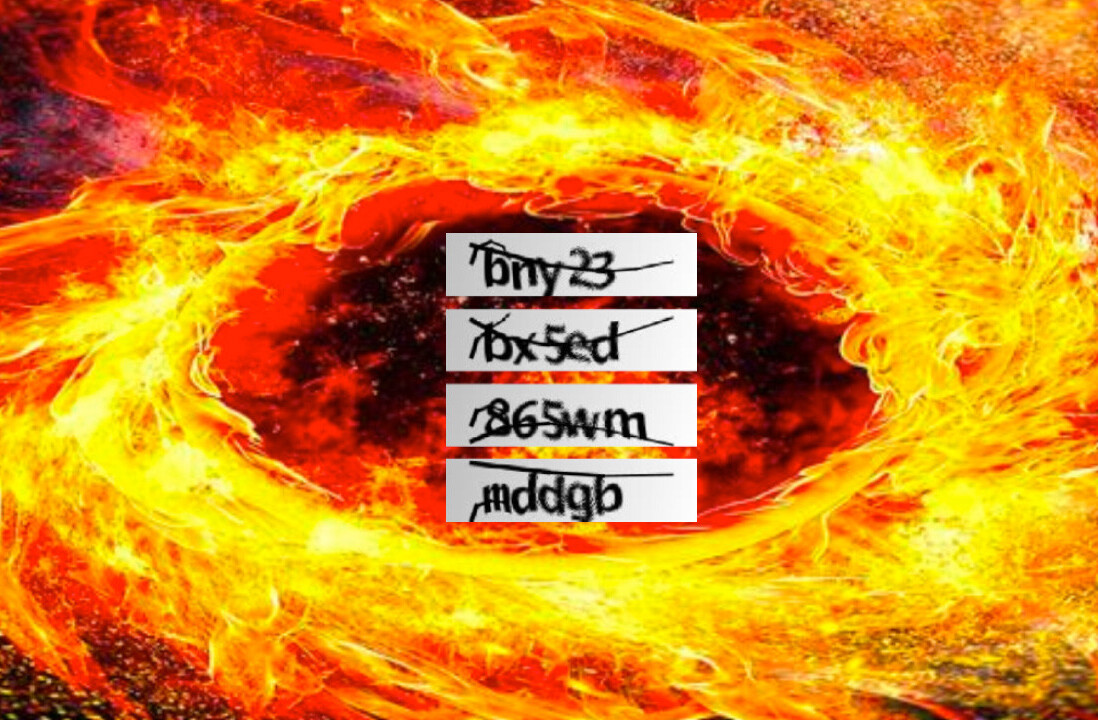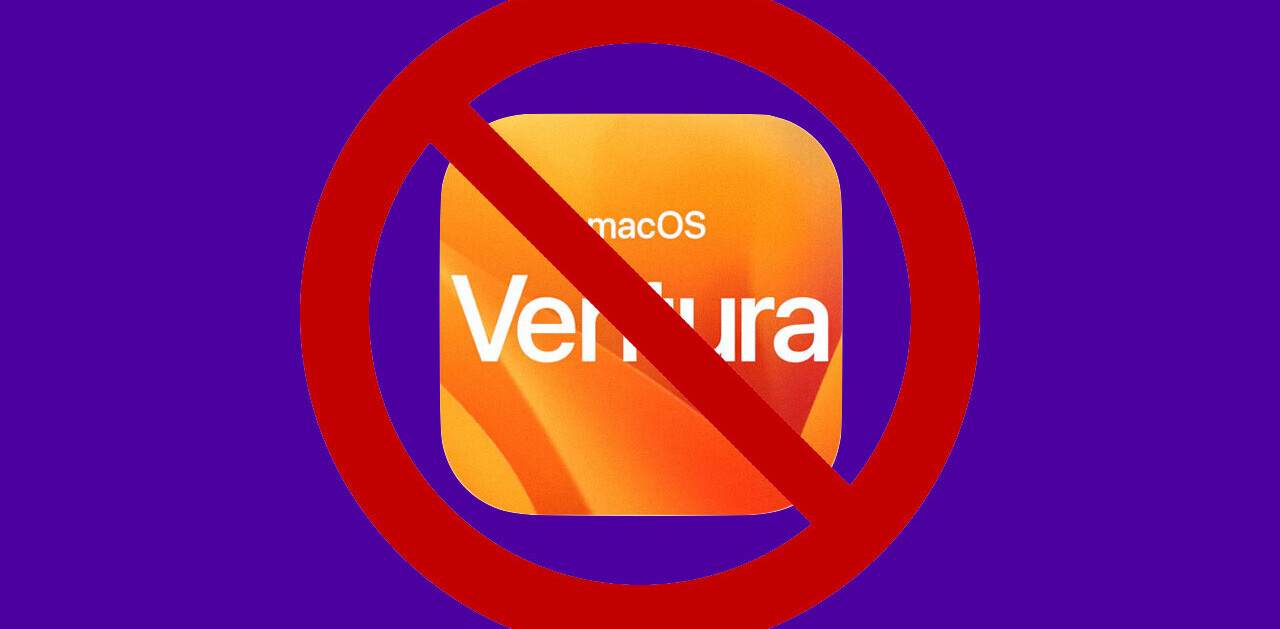
I am a full blown geek. I re-read entire series of fantasy novels to prepare for the next release (yes, this means that I re-read the first Harry Potter book 6 times). I have strong feelings about what Batman would or would not do in a morally ambiguous scenario. I built the computer I’m writing this on (it’s a hackintosh) and I have an unfortunately large mental database of cinema, especially science fiction cinema.
You may notice that none of these areas of expertise have anything to do with physical activity. Herein lies our problem.
Throughout my days as a young geek-about-town I retained a rail thin physique due to the furnace that served me as a body. But, all good things must come to an end. In my early 20s I suddenly began to gain weight and the trend wasn’t helped by the fact that I was working largely sedentary jobs. This leads us to the topic at hand, how a geek stays fit after his body’s metabolism adjusts to life in its 30s and beyond.
A while back a few similarly afflicted group of friends and I decided to get together and do a little Biggest Loser: Nerd Edition. Not all of us were nerds (the girls mostly barely tolerate our obsessions) but all of us could stand to feel better about our health and appearance. So we decided to have a 12 week competition to see who could lose the biggest percentage of weight.
Being a geek, I turned to a gadget to help me, the item I have had on my person more or less every day for the last several years…the iPhone.
Basically what I decided was that if I could use the iPhone to help me graph, chart, organize and motivate my way through the 12 weeks, I just might find a way to keep my inner geek satisfied while almost incidentally losing some weight and gaining some muscle. It turns out that it did help quite a bit, at least for me.
First I decided that I would probably need a way to ensure that I began taking in less calories than I used up each day, this simple math is probably the least understood and poorest emphasized equation in weight loss and the primary thing you need to remember if you’re purely interested in dropping a few pounds.
I don’t recommend this alone for a lot of reasons, some cosmetic, some structural and dietary that you should really talk to someone more qualified about. But it is a foundation, so I thought I would tackle it first. In poking around the App Store for possibilities, I found Lose It!, a free app that I still think is one of the cleanest, best designed and easiest to use of all of the calorie tracking apps out there.
It allows you to look up calorie and nutritional content for a large variety of ingredients as well as a good array of restaurant food, including most of the major fast-food chains. In addition, Lose It! will allow you to enter your weight loss goals and track your calorie intake day to day and month to month, letting you see exactly how much you’re eating for each meal and whether you’re meeting your weekly calorie allowance goals.
Lose It! also recently added syncing to their website, which means that you won’t lose your food logging data if you happen to restore your iPhone or delete the app. I did this twice during our competition so this could come in handy for you.
I began by entering all of my ingredients separately at first, then, as I began to feel out my diet (I had decided on a loosely applied Paleo system), I was able to create “recipes” that function as a grouping of ingredients. This allowed me to quickly add my meals to the log each day.
Next came the exercise regimen. Because I know me, I knew that If I couldn’t find a way to make this interesting, I wouldn’t follow through. If I find something boring and I don’t have a compelling reason to do it, I just don’t do it.
Like most geeks, I like systems. Systems give us structure, a set of rules that establish conditions for victory. It’s why so many geeks are also gamers of one sort or another. So I knew that If I gave myself a way to record my exercise regimen, I could find a way to chart my progress, giving me a way to progress through a system of my own creation.
I tried out a lot of the apps on the store for tracking workouts, but the one I ended up using was the ugly but functional GymTracker. There are better apps on the store now, but at the time it offered one of the more comprehensive sets of exercises and an extremely open format that allows you to create your own exercises along with an extensive database of existing ones.
I logged all of my exercises along with the amount of reps and weight for those activities that had them. This allowed me to keep a running log of weight for lifting, this way I could see exactly how many more reps I was doing at the same weight or how long it took me to go up a level in weight.
If I was going to switch up what I used as an exercise tracker today I would most likely switch to FitFu, which offers a series of ways to gamify your exercises with levels and badges and a strong social component. You can see what kinds of progress other people are making and you can use that to motivate yourself. If you’re more interested in the runner’s program, check out Couch to 5K, a great app that ramps you up from nothing to running gradually.
In addition to cool helper apps I also used the standard camera app to shoot images of myself regularly over the course of the challenge. I snapped a shot of myself in roughly the same position from the same distance away. This allowed me to come to grips with the fact that I lost weight much slower than I’d like, about 2lb’s a week, but after a couple of weeks I could flip through the images and see a marked improvement. This helped me keep up my momentum significantly in the later weeks.
It wasn’t out at the time but now I think that I would definitely recommend picking up an app like Everyday that can remind you to take a picture once a day and then compile it into a time-lapse video for you. Not only can you compile and watch one every couple of weeks but you can treat it like a nice victory lap when you’ve reached your goal weight.
I ended up losing about 35 lbs over the course of 12 weeks and felt better about my fitness level. My energy was also up and there is a definite psychological benefit to just feeling decent about your health. Is an iPhone necessary to lose weight? No. Is it necessary to distract me from the fact that I’m exercising and dieting to lose weight? It helps.
Bonus: Here’s a schlubby looking ‘before’ shot and a super geeky headshot I took of myself after losing the weight. Results not typical, you shouldn’t look that silly.
Get the TNW newsletter
Get the most important tech news in your inbox each week.










